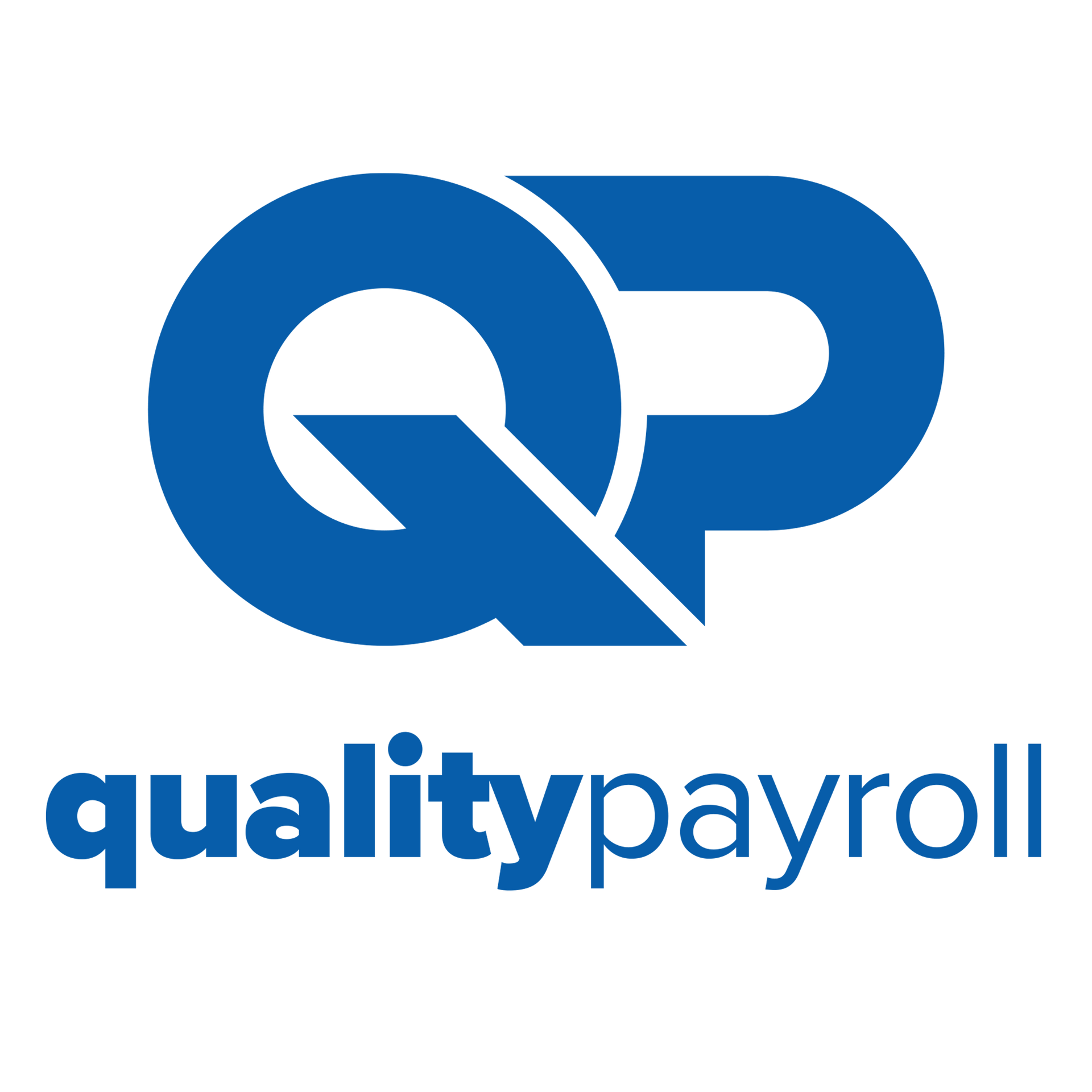Navigating Tax Compliance with Proactive Payroll Strategies
The punctuality of tax filings is not merely a legal obligation but a pillar of financial health for businesses. Timely adherence to these deadlines is crucial as even a slight delay can incur significant financial drawbacks in the form of penalties and interest charges. For businesses operating in the Sandy and Hurricane areas of Utah, understanding local regulations and federal guidelines is paramount for maintaining good standing with tax authorities.
There are varying degrees of penalties that can accrue from late submissions. These range from a basic percentage applied to the unpaid taxes to more severe consequences such as compounded daily interest charges and additional fines for those failing to file over an extended period. For instance, the Internal Revenue Service (IRS) may impose a failure-to-file penalty, typically 5% of the unpaid taxes for each month or part of a month that a tax return is late. Further, interest compounds daily from the due date of the return until the date of payment.
A common deadline that every business owner should be aware of is April 15th, traditionally recognized as the date individual income taxes are due. For payroll taxes, key dates such as the end of each quarter, when federal and state unemployment taxes and other payroll-related taxes must be filed, are equally critical.
Essential Documents and Records for Payroll Tax Compliance
An accurate and efficient payroll tax filing relies on a set of core documents which businesses must prepare and preserve. Forms such as W-4s and I-9s for employee withholdings, as well as payroll summaries, bank statements, and last year's tax returns, are essential for an accurate filing process.
Keeping these records systematically organized throughout the year is indispensable. Tips for maintaining order include using a dedicated filing system, either physical or digital, and regular updates to your accounting software. Adherence to a strict documentation policy ensures that data is not only accessible but that any discrepancies are swiftly identified and corrected.
Staying abreast of changes in tax laws, which can affect local businesses in Utah as much as anywhere else, requires a proactive approach. This entails regularly consulting the IRS website, as well as state taxation agencies, for updates that could impact the way payroll taxes are calculated and reported.
Creating a Tax Filing Calendar: A Step-by-Step Guide
For a business to manage its tax filing efficiently, setting up a tax calendar customized to its needs is beneficial. This involves mapping out the entire fiscal year and highlighting all the critical federal and local tax deadlines relevant to your business operations in Utah.
In building your tax calendar, include quarterly and yearly deadlines for different tax forms like 940s and 941s, and make note of specific state deadlines that can vary. A calendar acts as a visual reminder and can be integrated with digital reminder systems, ensuring no deadline goes unnoticed. Modern payroll services often provide functionalities to set up notifications for filing dates directly through their platforms, an invaluable asset for busy entrepreneurs.
Setting up a system of alerts, whether through a payroll service or manual methods like email or phone reminders, is a simple yet effective strategy to ensure that tax filing deadlines do not slip through the cracks. In areas such as Sandy and Hurricane, where businesses may face both the hustle of city work and the relaxed pace of suburban operations, having a structured approach to tax compliance serves as a safeguard against unintentional lapses that could have serious repercussions.
Proactive Strategies for Effective Tax Filing
Early preparation is the keystone of stress-free tax compliance. This begins with a thorough review of all tax documents well ahead of deadlines, ensuring that every piece of data from the payroll is accurate and ready for submission. Being proactive means starting this review process months in advance, giving ample time for corrections and adjustments.
Budgeting for tax payments should not be a last-minute endeavor either. By estimating taxes in advance, businesses can avoid the pitfalls of inadequate funds when taxes are due. Setting aside a designated tax fund as part of the monthly budget is wise practice, especially in locales like Sandy and Hurricane where tax implications can vary based on local jurisdiction.
Conducting regular payroll audits, whether internally by an in-house accounting team or externally by a dedicated auditor, is crucial for ensuring the accuracy of tax documents. Audits help identify discrepancies and provide insights into optimizing tax strategies for the future.
Leveraging Technology for Compliance
Modern tools and software are indispensable allies in payroll management and tax compliance. These technologies automate calculations, streamline data entry, and minimize human error, offering reliability and precision. From generating reports to lodging electronic filings, the right tools can significantly reduce the workload for businesses.
Using specialized payroll services not only aids in data accuracy but also in effective time management. These services often come with integrated features designed to handle complex tax calculations, deductions, and compliance requirements, acting as a safeguard against errors that can lead to penalties and fines.
Additionally, cloud-based access is transforming how businesses monitor payroll status. With real-time data and the ability to access records from anywhere, maintaining an overview of payroll becomes less constraining and more flexible, a perfect fit for the dynamic business environments of Utah's diverse regions.
The Advantages of Partnering with a Payroll Service Provider
Outsourcing to a specialized payroll service provider can significantly enhance a business's tax compliance framework. Providers like Quality Payroll & Benefits offer specialized knowledge and expertise, taking the complexity out of navigation through tax season.
Such payroll partners are invaluable when it comes to complex tax issues, offering support and advice on how to handle them efficiently. Their specialization provides a level of professional oversight that's difficult to match in-house without a significant investment in resources and training.
Customization, efficiency, and professional oversight are just a few of the advantages of partnering with a dedicated payroll service. These benefits ensure that businesses can focus on core operations, secure in the knowledge that their tax obligations are handled accurately and on time.
Staying Informed: The Value of Continuous Learning
Tax laws are ever-evolving, making it imperative for business owners to remain informed about the latest changes and how they affect their operations. Utilizing resources like the IRS's Small Business and Self-Employed Tax Center and state-specific guidelines are vital for keeping current with regulations.
There is also value in leveraging educational opportunities such as tax-related
workshops and webinars offered by business associations and financial institutions. They provide insights into best practices, updates, and strategies for tax compliance, crucial for businesses in the tax landscapes of Sandy and Hurricane.
By embracing continuous learning and adapting to new tax laws and regulations, businesses can effectively navigate the complexities of tax compliance, fulfilling their obligations and contributing to their success and stability.
If your business is looking for support with tax compliance and payroll management, turn to Quality Payroll & Benefits. Our services are designed to provide peace of mind and allow you to focus on what you do best – running your business. Contact us today for a tailor-made solution that fits your needs.










